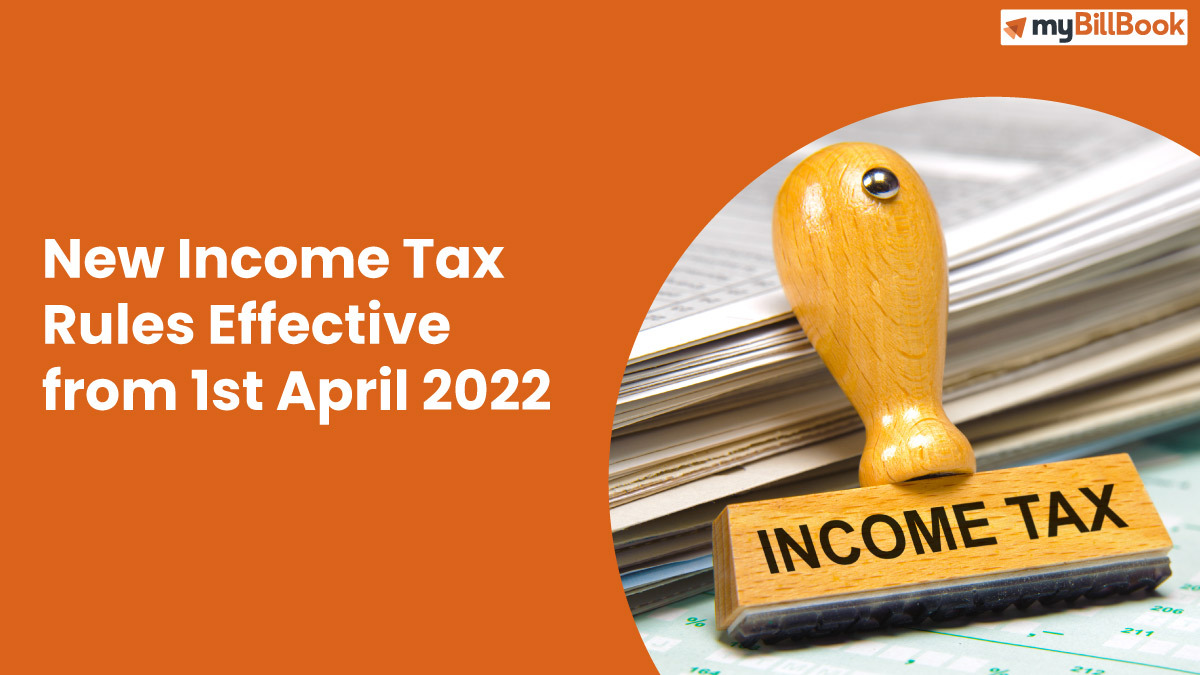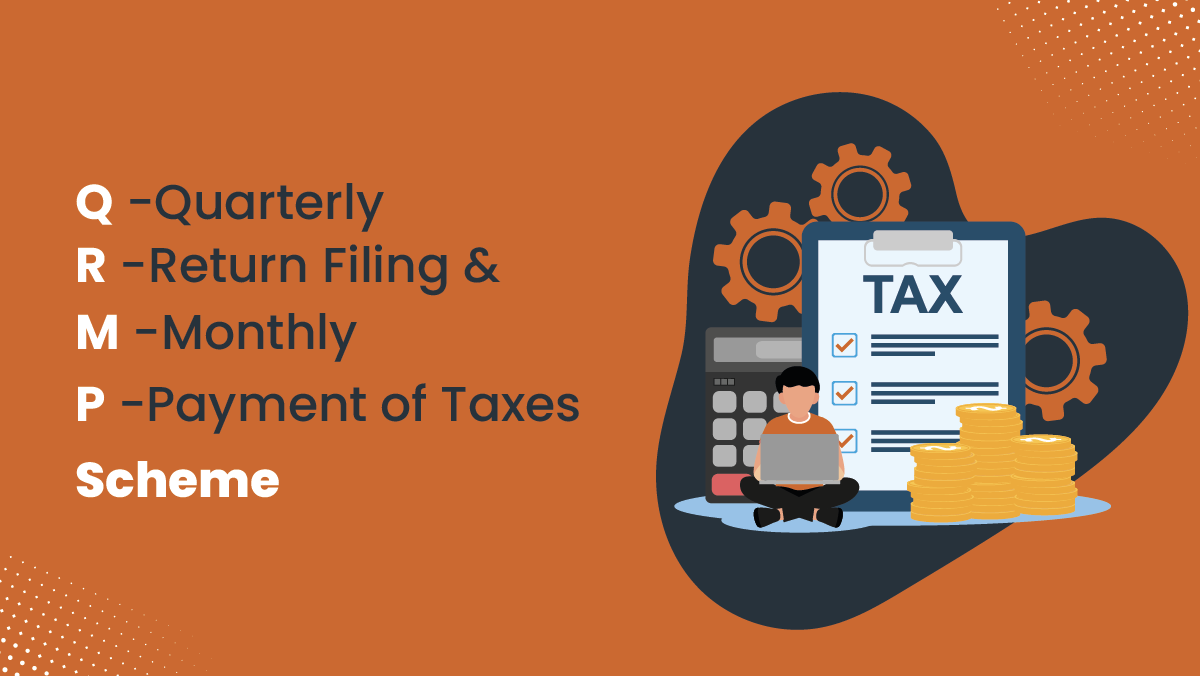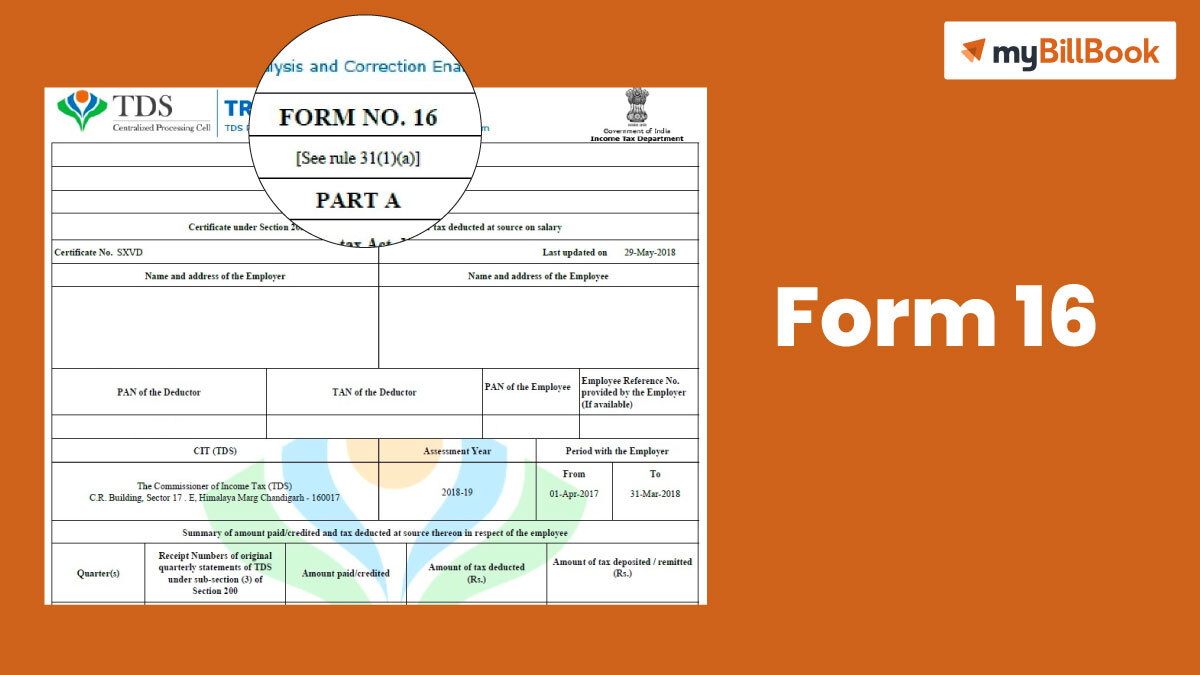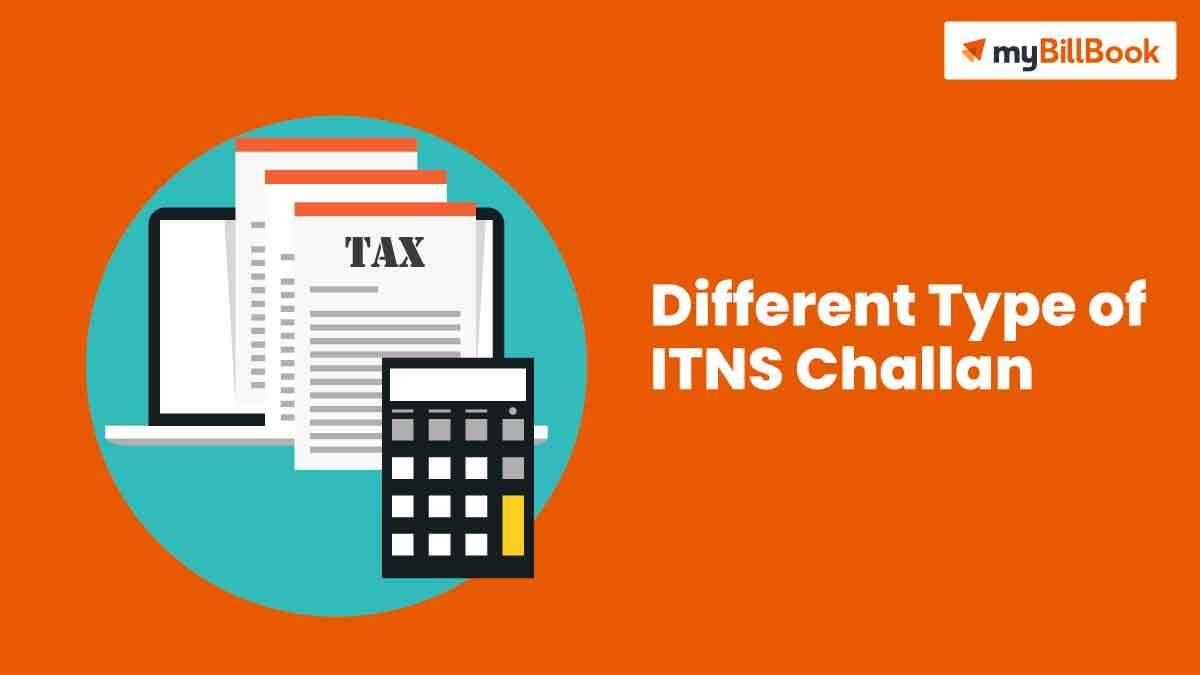The month of April marks the beginning of a new financial year in India. With the new beginning comes the new changes in taxation and other financial matters. 2022 also brought certain changes to the income tax rules, which become effective from 1st April. Let’s take a look at the new changes and measures we need to take accordingly.
Interest on PF to Attract Tax
Employee Provident Fund (EPF) is quite common among all of us. If an employee’s contribution to the EPF account is more than INR 2.5 lakhs, then the interest earned on the excess amount will attract tax. For such EPF members, the government will open a new EPF account, in which the excess amount and the related interest get credited.
The new regulation is applicable to the PF contributions made in the previous financial year, i.e., FY 2021-22. However, all the contributions up to INR 2.5 lakh will remain tax-exempt, and the interest on the same will be credited to the same EPF account. A new EPF account will be opened for contributions exceeding INR 2.5 lakhs in the previous FY. The interest credited on the excess amount in the new account attracts tax and is payable by the employee.
For government employees and for those not having an employer’s contribution, the threshold is INR 5 lakhs.
Chance to File Missed IT Returns
According to the new subsection 139 (8A) of the Income-tax Act, a taxpayer can file an updated income tax return (ITR) in case of any missed filings or errors in the previous filing.
An updated return can be filed within 3 years from the end of a financial year. Irrespective of whether or not an individual filed an original or belated ITR, the updation can be made. However, a penalty of 25% to 50% on the additional tax will be charged for such corrections.
Income from Virtual Digital Assets is Taxable
Another new section has been introduced to the Income-tax Act, section 115BBH, according to which any income from virtual digital assets (VDA), including bitcoin, cryptocurrency, non-fungible tokens, dogecoin, etc., is taxable.
The new taxation is effective from the current financial year, FY 2022-23. A flat 30% will be levied on gains from such virtual assets along with 1% TDS, which will come into effect from 1st July 2022.
For individuals/HUFs, the threshold limit for TDS would be INR 50,000 a year. Also, the cryptocurrency or any other VDAs received as gifts also attract tax in the hands of the receiver. Further, the government also clarified that income from one VDA cannot be used to set off against the losses from other assets.
No Interest Subsidy on Affordable Home Loan Interest
The affordable housing scheme under the Pradhan Mantri Awas Yojana (PMAY), which provided an interest subsidy on housing loans up to INR 2.67 lakhs is not extended to the current financial year. Only the home loans sanctioned on or before 31st March 2022 under section 80EEA are eligible for the scheme.
Therefore, taxpayers who are planning to buy affordable homes in the current fiscal will no longer be eligible for any interest subsidies. However, they can still avail of the subsidies on home loan interests under section 24 for a maximum of up to INR 2 lakhs.
Tax Benefit on the National Pension System (NPS)
As per Section 80CCD(2), state government employees can now claim a tax benefit on the NPS made by the employer. They can avail of a tax benefit of up to 14% of their basic salary and dearness allowance.
Higher TDS if ITR is not filed
As announced in the latest Budget 2022-23, if an individual fails to file income tax returns for one year, he will be charged with higher TDS and TCS in the next financial year. The higher TDS will be deducted from dividend income, interest income, etc. However, the TDS will not be applicable to salaries and provident fund accounts.
Senior Citizens Exempted from ITR filing
Senior citizens aged 75 years and above are exempted from filing IT returns starting this financial year. However, besides providing a declaration to the bank, the seniors also need to meet certain criteria to become eligible for the exemption.
All the above-mentioned regulations become effective from 1st April 2022.
Vat Value Added Tax
Section 44AD Of Income Tax Act
Section 194A Of Income Tax Act
New Income Tax Portal
Income Tax
Corporate Tax








